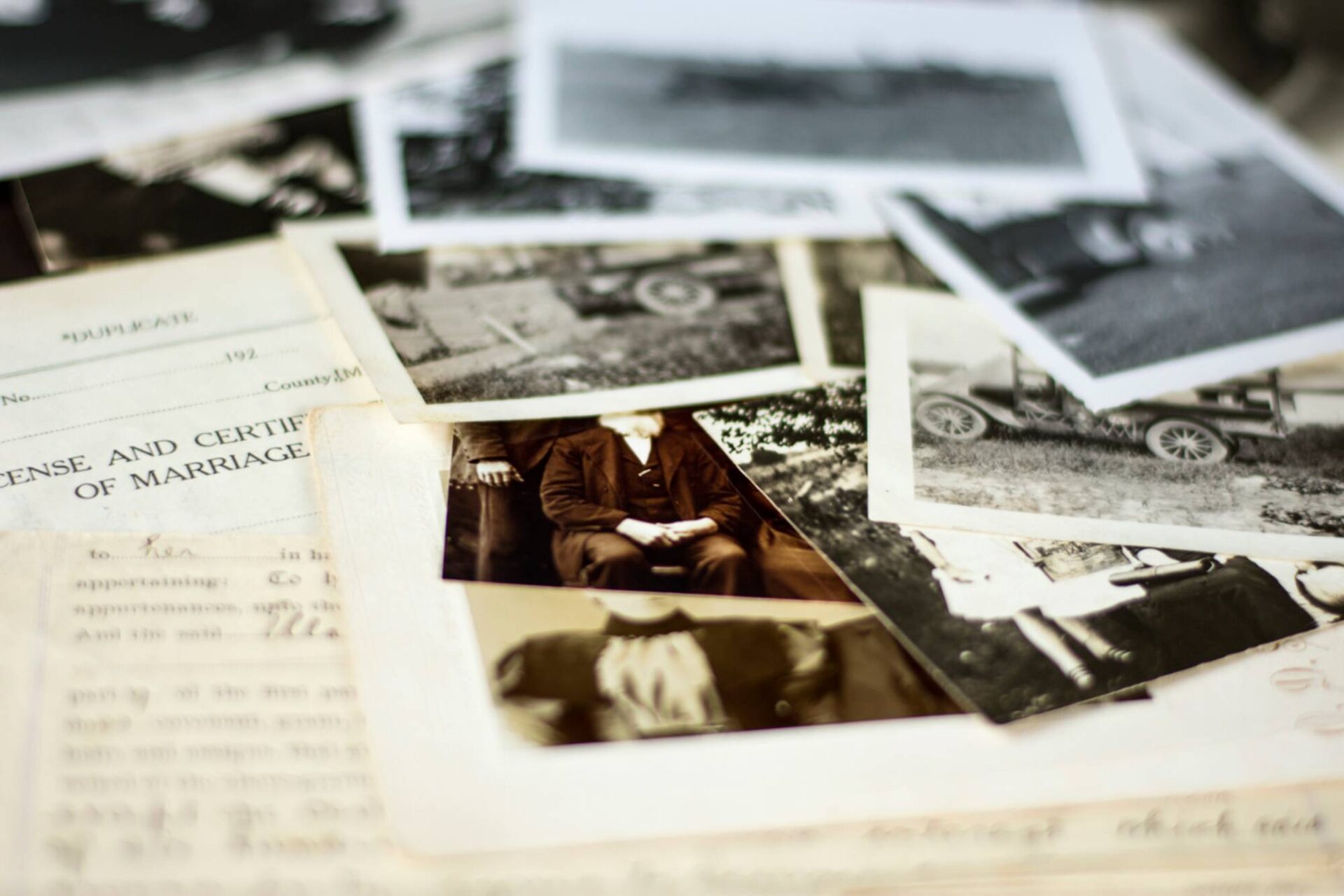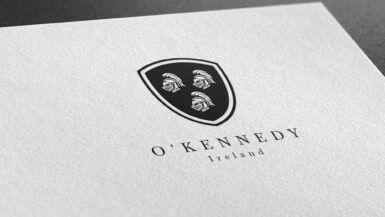The surname Collins originates from Ireland’s ancient past, tracing back to the days of Gaelic tribes and the intricate web of chieftains, clans, and territories that characterized this vibrant period in Irish history.
Etymology and Meaning
The name Collins stems from the old Gaelic name “O’Coileain,” which translates roughly as “young warrior” or “whelp,” connoting an association with youth, vigour, and valour.
Earliest Known Usage
The earliest use of the Collins surname can be traced back to the Munster region of Ireland, particularly in counties Limerick and Cork. Notably, the O’Coileain clan was a prominent sept of the ancient Eoghanachta federation of tribes that dominated much of Munster.
Geographic Distribution
Over centuries, the Collins surname has been carried far beyond the borders of its original Irish homeland. Particularly during periods of mass Irish emigration, such as the Great Famine, the name was dispersed across the globe, finding footholds in the United States, Canada, Australia, and the United Kingdom, among others.
Original Geographic Location
Historically, the Collins family was concentrated within the province of Munster, especially the counties of Limerick and Cork. This region, defined by its rich farmland and rugged coastline, served as the heartland for the Collins clan.
Migration Patterns
The mid-19th century brought catastrophic famine to Ireland, prompting mass emigration of Irish people to other parts of the world. Among them, numerous Collins families sought new opportunities overseas, leading to the widespread global presence of the surname today.
Historical Context
Notable Historical Events
The Collins name is intertwined with Ireland’s struggle for independence. The most notable event associated with the name is perhaps the Anglo-Irish Treaty negotiations of 1921, in which Michael Collins played a significant role.
Involvement in Key Moments in History
Over the centuries, bearers of the Collins name have participated in numerous key events in Irish history, including rebellions, conflicts, and political movements. Their contributions have left a significant imprint on Ireland’s historical landscape.
Notable Irish Bearers of the Surname
Famous Individuals
Michael Collins, a central figure in the Irish struggle for independence in the early 20th century, is perhaps the most renowned bearer of the Collins surname. Other noteworthy individuals include Patrick Collins, the second Irish-born Mayor of Boston, and Tom Collins, an influential writer and nationalist.
Influential Figures
In contemporary times, figures like Stephen Collins, a respected political journalist, and Joan Collins, a celebrated actress of Irish descent, continue to raise the profile of the Collins name.
Variations of the Surname
Spelling Variations
As the Collins name was anglicized from the original Gaelic, several spelling variants have emerged over time, such as Collin, Collings, Collis, and O’Collins.
Regional Differences
The pronunciation and spelling of the Collins name can vary based on regional dialects and accents, contributing to its diversity.
Current Statistics and Distribution
Frequency and Global Distribution
The Collins surname remains prevalent in Ireland and is also notably common in regions with large Irish diaspora populations.
Changes Over Time
The geographic distribution of the Collins surname has evolved over time due to factors like population growth, migration, and intermarriage.
Family Coat of Arms
The Collins Family Coat of Arms traditionally features a silver shield with a black lion rampant, symbolizing courage, nobility, royalty, strength, stateliness, and valor.






Leave a reply